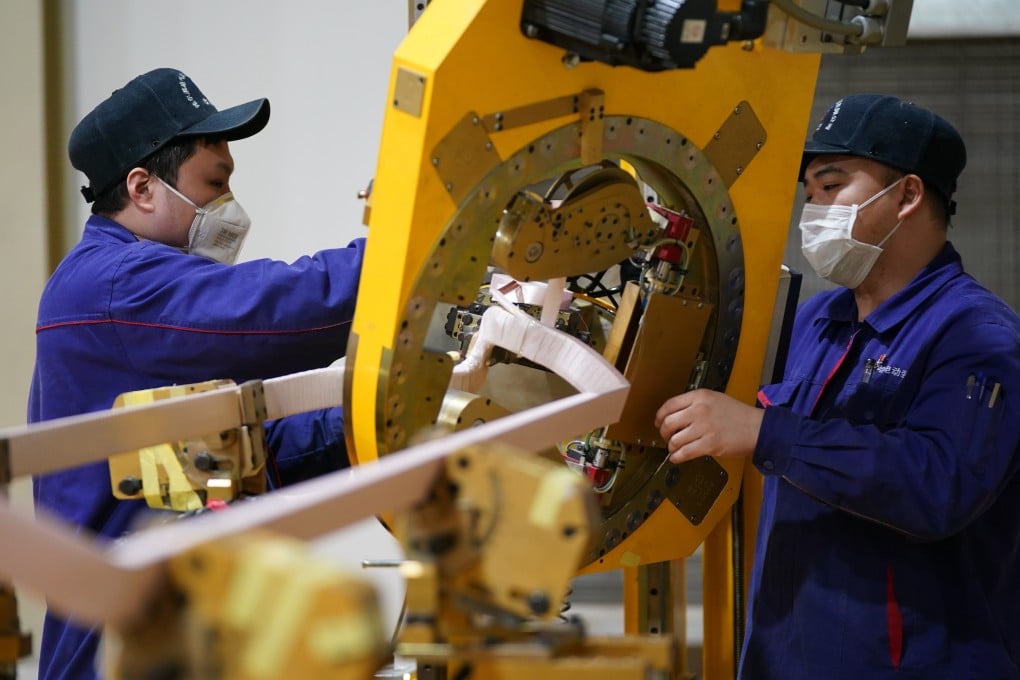Coronavirus: China’s small businesses increasingly desperate to raise cash to stay afloat
- Small businesses are turning to friends and family for emergency loans as income dries up but rent, worker salaries and loan payments remain
- University study found over 85 per cent of small businesses had only enough cash to keep going for three months without a regular income

Describing herself as an ordinary white-collar worker with a stable income based in China’s manufacturing hub of Guangdong, Li Yue was left shocked by phone calls from two friends asking for urgent help to pay rent and salaries for their businesses.
“[I am] not any kind of wealthy investor or boss. I’ve known both of them for over a decade and it’s the first time they have asked me for anything. I think their money is just exhausted,” Li said.
They have seen their income shrink sharply or even disappear entirely since lockdowns across China started in late January to contain the spread of the coronavirus, while still liable for their operating costs and debt repayments.
All the entrepreneur friends I know, either in the service industry or the manufacturing industry, are already in debt
“Each month, I have to repay 16,000 yuan (US$2,255) of interest for 2 million yuan (US$282,000) in loans from the local banks, as well as at least 100,000 yuan (US$14,000) for office rent and employees’ salaries. But my business is completely stagnant with zero income this year,” said Dong Ming, who runs a travel agency employing 15 people across two offices in Hangzhou and Ningbo in Zhejiang province.